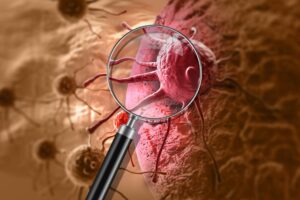gut microbiota
Immunology, Nutrition
A new study, published in Cell, suggests that ketogenic diets could be used as a therapy for autoimmune disorders of the gut.
Nutrition
Fermented foods such as yoghurt and cheese could be a source of health-promoting bacteria, according to a new study.
Oncology
Researchers developed a new tool to modulate the gut microbiota for neutralizing the tumor-promoting microenvironment.
Immunology, Pediatrics
A. Macpherson et al. reviewed studies that looked at the interaction between the gut microbiota and their mammalian hosts, from fetal development to the early postnatal period.
Endocrinology
Obese people have a gut microbiota that is associated with inflammation. But those who take statins have a healthier gut microbiota, a new study (Nature) found.
Nutrition
A new study, published in Nature Medicine, suggests that changes to the microbial community in the gut could influence nutrient metabolism.
Scientific research
Researchers at North Carolina State University have underlined the evolutionary interplay between microbiomes development and human social structures.
Oncology
According to a new study published in the journal Microbiome, cancer treatment outcomes can be modulated by the levels of specific gut bacteria.
Endocrinology, Oncology
Rémy Burcelin explains how understanding the link between gut microbiota, metabolic syndrome and cancer could be useful from a therapeutic point of view.
Gynecology
A new study shows that viable bacteria are highly limited in utero, although have capacity to limit inflammatory potential of fetal intestinal T cells.











